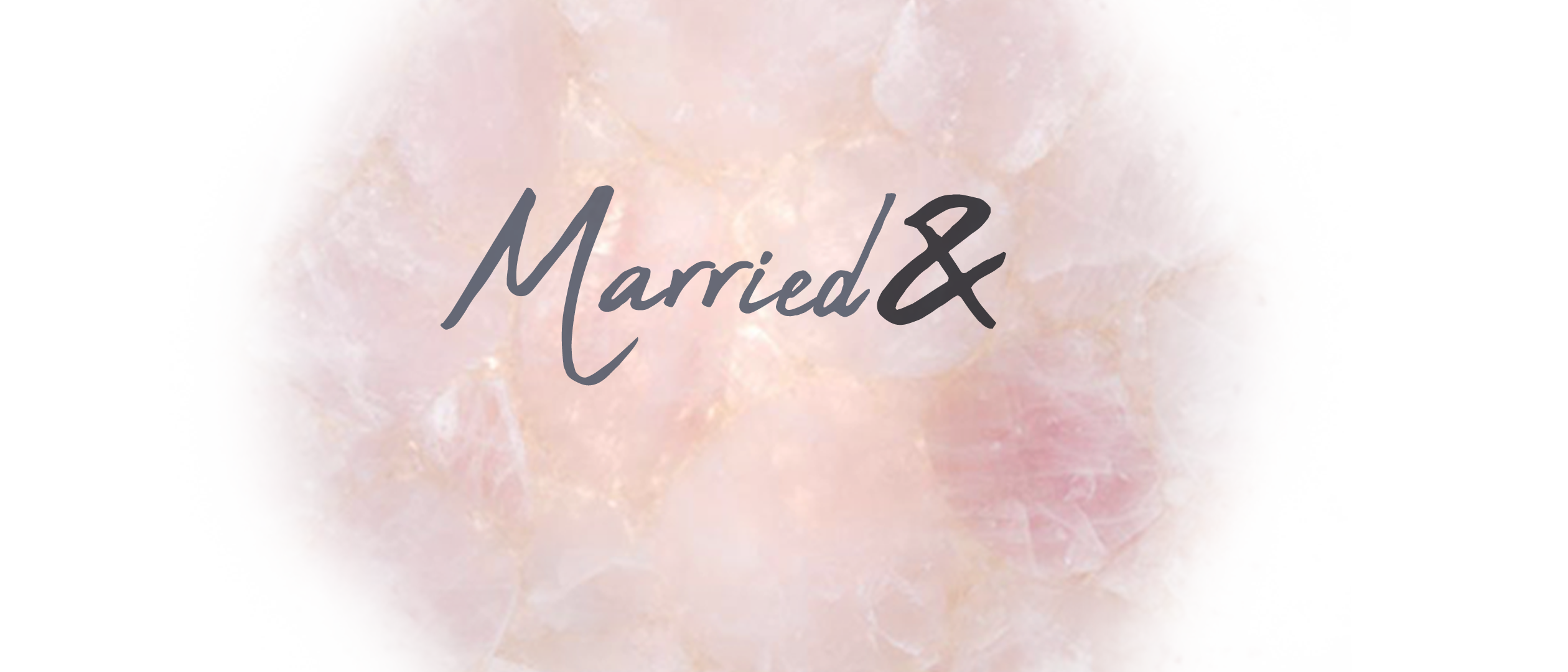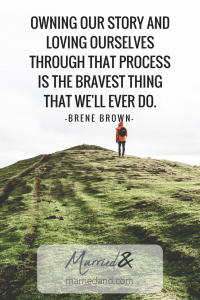Early on in my marriage my husband and I had a certain fight that would come up from time to time. It always started differently and the topic of the fight would change but it usually ended the same way. By the end of the fight I would come to a place where I eventually softened and was able to explain how I felt and why whatever happened upset me, which he usually had no idea that’s what was going on in the first place, then he’d also soften and try to come to a place of understanding.
Now that’s a quick summary so don’t let me fool you into thinking they were short and sweet fights. They weren’t. At least not usually. The roles would be reversed at times but for the purpose of this post I’m going to focus on my side of things and you’ll see why.
Now back to to the fights. It wasn’t until grad school when I later learned what was going on with us when these fights would occur. Dr. Sue Johnson describes this as a couple dancing together. When things are good the couple dances effortlessly and is in sync, but when a hurt is triggered everything becomes more intense, rigid, and out of sync. They find themselves in a conflict cycle and although they may be fighting about the dirty kitchen they usually aren’t actually fighting about the kitchen. Somewhere under the covers of that topic is an actual wound or need that’s been triggered.
For James and I it would start out with something like James asking me to clean the kitchen or load the dishwasher differently or something along those lines. Nothing unreasonable but it bothered me just enough to get under my skin. Sure, there were things that he could do that would have helped and we did talk about those things, but the bigger need there was that I needed to acknowledge what was going on for me and how I actually felt. Why? Because if I can’t own my own emotions, triggers, and wounds then it’s going to be almost impossible for me to explain where I’m at and find a way to connect with my husband through that. As a result, I’m going to continue getting upset and we’re going to continue to have trouble navigating our way back to each other during these conflicts.
Now I’m not saying that there aren’t things that need to be discussed and worked out within the conflict because there probably is. I’m also not saying that you are responsible for why you feel the way that you do. There may be a very good reason you feel the way you do. But I am saying that it’s WAY more difficult to problem solve when we’re stuck in the emotional wound/trigger and never acknowledge and validate it. And if we can’t own our stories and what’s going on within us how in the world can we expect someone else to know what’s going on.
So here’s my example for you guys because I think it’s really important that you know that I’m in this with you guys. I’ve worked really hard on this particular issue so I feel comfortable sharing it with you guys here but also know that it still comes up sometimes.
(Very) Long story short there was a lie that I allowed to deeply embed itself in me that I’m not good enough. I can remember a time in grade school that a friend had made a mean comment to me and that was the first time that I can vividly recall myself comparing who I was, what I was capable of, and what I had to everyone else. This was the start of it for me. Fast forward many years later and that lie still shows up leaving me feeling pressure and completely insecure.
It sucks, but this lie shows up in my marriage sometimes. There’s times that something that my husband says or does triggers this belief of “I’m not good enough.” Instantly, I feel those emotions attached to that belief and I pull away and become guarded and defensive (which we know from Gottman that defensiveness is one of the Four Horsemen and is dangerous). So let me be clear, in those examples above my husband was NOT telling me that I wasn’t good enough. Not even a little. But sometimes those negative beliefs get activated and we respond as if that’s what we heard.
If you’re reading this and going, “Yup, that’s me.” Great! We all do it so please don’t judge yourself. We all have emotional wounds and baggage but those things only have power over us when we hide them in the dark and allow them to create shame. So, you have to own the reason that you feel offended because it triggers your response. Without acknowledging it you neglect the wound and it festers in your relationship.
When you can describe and name it the other person gets to see into a window of who you are and they get to know you better. It also means you don’t have to be powerless to what created that wound in the first place.
Let me clarify that even more. When you acknowledge what you’re feeling and talk about what is triggering your response you are actually taking advantage of an opportunity to be vulnerable and connecting deeper with your spouse.
So what this really means is that within literally every conflict you are given opportunities to connect and to get to know your partner on a deeper level. This is so huge. Understanding this completely changed the way that I looked at conflict. It gives value to a challenging situation and a reason to be vulnerable and fight the urge to get defensive. And let me tell you, it feels amazing to be understood and empowering to own your story and to share it. So while it can feel uncomfortable and you will likely need to give yourself a moment and check in with yourself to see what is going on for you I can promise you that it’s worth it. Own your experience, your emotions, and your story.
I’ll leave you with this quote from Brene Brown to encourage you. It’s one of my favorites.
“Owning our story and loving ourselves through that process is the bravest thing that we’ll ever do.”
So go ahead. Own it and let me know how it goes. I promise it’s worth it!

